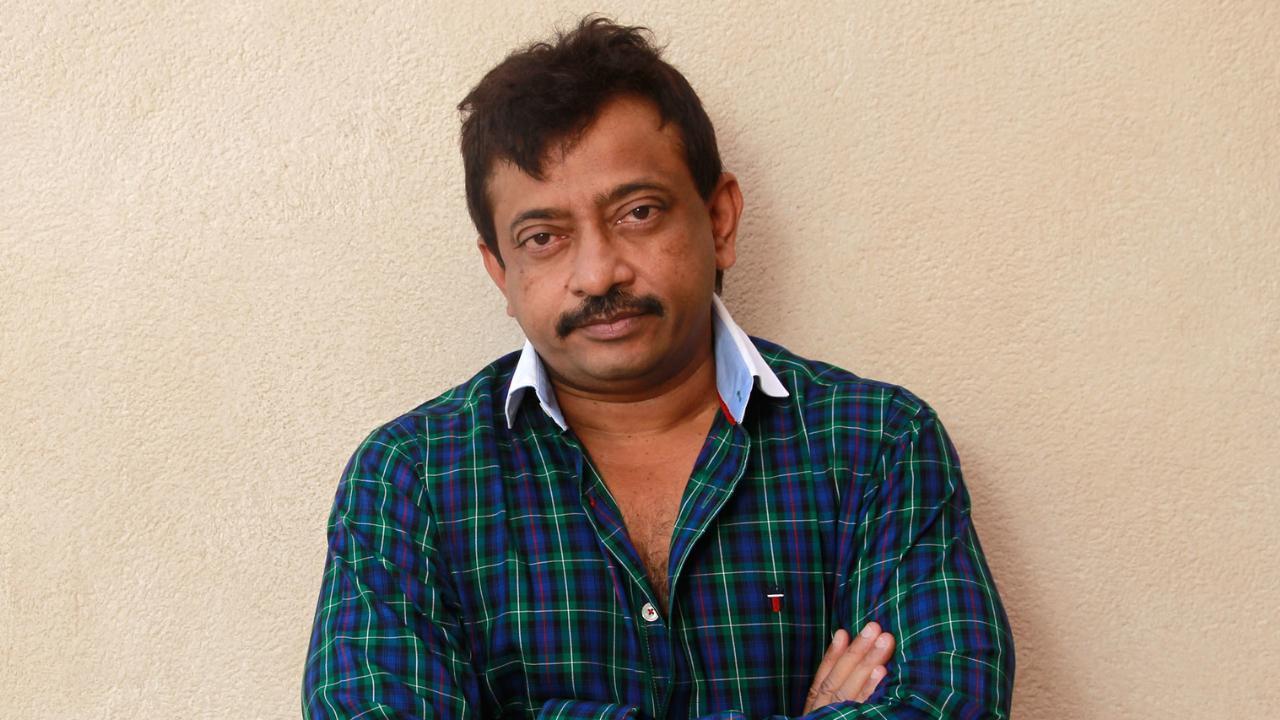
Set to take the stage on March 31 and April 5 in Hyderabad, “Terminal 3” promises a profound portrayal of life in the aftermath of a global crisis. The play, a captivating examination of the post-pandemic landscape, weaves together an intricate collection of human experiences, molded and reshaped by the trials of recent years. Under the thoughtful direction of Surendra Singh Negi, the chief coordinator of the foreign languages program at the English and Foreign Languages University (EFLU), this 60-minute dramatic piece is sure to strike a chord with its audience.
Negi, both writer and director of the play, has skillfully crafted a narrative enriched with layers, portraying a broad spectrum of perspectives shaped by the pandemic. The play’s trilingual script, which elegantly navigates through Hindi, English, and Spanish, facilitates a diverse and inclusive storytelling approach, forging a deep connection with the audience across language barriers.
The story commences at an airport where two old friends, Ana Strejilevich and Madan Laal, encounter each other by chance. With their shared love for poetry, they recite verses in Spanish and Urdu/Hindi, and from this simple meeting, a tapestry of stories begins to unravel. The poignant conversations lead to flashbacks, allowing the audience to witness the impact of the pandemic across various strata of society. Negi emphasizes the extensive influence COVID-19 has had on humanity, particularly underscoring how the most vulnerable—domestic workers, drivers, and rural migrants—had their dreams and aspirations shattered by the lockdowns.
The play also does not shy away from tackling the subject of death. Negi notes that the pandemic brought about a proximity to mortality that has been unparalleled in recent history. To fully address the era of COVID-19 on stage without delving into the concept of death, he argues, would be to present an incomplete picture.
Negi’s initial vision for “Terminal 3” was a Latin-American stage performance. However, he recognized the significance of reflecting India’s linguistic diversity, which led him to incorporate Indian languages into the dialogue. It was a decision that catered to the authenticity of the story’s setting—Delhi—with characters speaking not only Spanish, Hindi, and English but also a sprinkling of Telugu and Malayalam.
After an inaugural show at the EFLU amphitheater on March 7 that garnered substantial acclaim, the play’s team recognized the language barrier and decided to supplement the upcoming shows with subtitles. This initiative ensures that the play’s message and intricacies are fully accessible to an audience that speaks any of the three languages showcased.
The profound and layered performance of “Terminal 3” will be presented by No Drama, Please! on March 31 and April 5 at two different venues in Hyderabad—Rangbhoomi by Sneha Arts, Sainikpuri, and Lamakaan in Banjara Hills. Theater enthusiasts and literary aficionados alike are encouraged to witness this reflection of the collective human experience. It’s a unique opportunity to revisit the scars and stories the pandemic has left behind, a reminder of our shared fragility and strength in the face of adversity. To be a part of this emotionally resonant journey, tickets are available for ₹200 at bookmyshow.com.
In this era of gradual recovery and remembrance, “Terminal 3” stands as a bold testament to the power of the arts in encapsulating the essence of our trials and triumphs. As audiences gather to engage with this piece, it serves not only as entertainment but also as a cultural cornerstone in the chronicles of our times.










